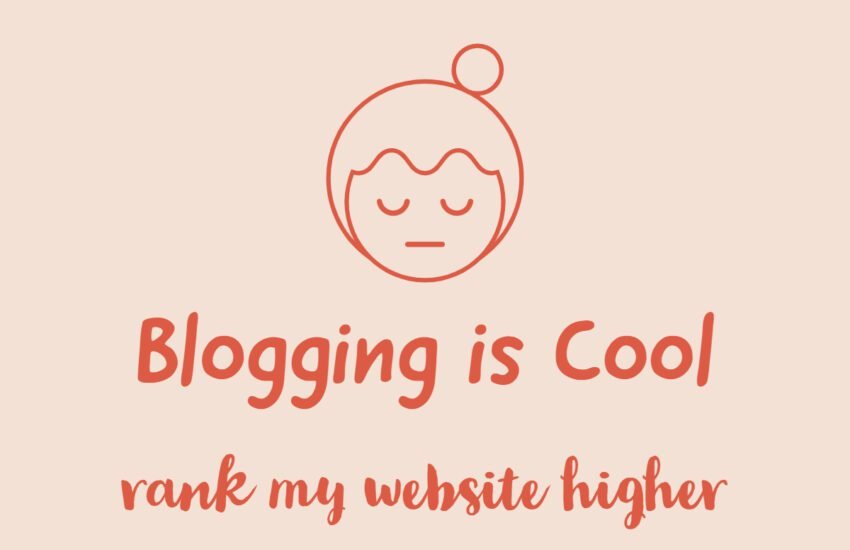Why Search Intent is Important for Improving Your Blog’s SEO
Why is Search Intent Important?
In the world of search engine optimization (SEO), understanding search intent has become increasingly crucial.
Search intent refers to the reason behind a user’s search query and what they hope to achieve with their search. By aligning your content with search intent, you can improve your website’s relevance, user experience, rankings, and conversion rates.
How to Analyze Search Intent
1. Relevance
One of the primary benefits of understanding search intent is that it allows you to create content that is relevant to what users are looking for. When your content aligns with the user’s search intent, search engines are more likely to rank your website higher in search results. This, in turn, increases your visibility and organic traffic.
2. User Experience
Meeting the user’s search intent enhances their experience on your website. When users find what they are looking for, they are more likely to stay longer, explore other pages, and engage with your content. This not only improves user satisfaction but also signals to search engines that your website provides valuable information.
3. Higher Rankings
Search engines aim to provide the best possible results to users. By optimizing your content to match search intent, search engines are more likely to recognize the relevance of your website and rank it higher in search results. This can significantly increase your website’s visibility and attract more organic traffic.
4. Conversion Rates
Understanding search intent can also have a significant impact on your conversion rates. When your content aligns with the user’s search intent, it increases the chances of converting visitors into customers. By understanding the intent behind specific keywords, you can create content that addresses their needs and encourages them to take the desired action, such as making a purchase or filling out a contact form.
Types of Search Intent
Now let’s take a closer look at the different types of search intent:
1. Informational Intent
This type of search intent occurs when users are seeking information or answers to their questions. They may search for “how to” guides, tutorials, definitions, or general knowledge. To cater to this intent, create informative and educational content that provides valuable insights and answers to common questions in your industry.
2. Navigational Intent
Navigational intent refers to users who are looking for a specific website or webpage. They have a particular destination in mind and use search engines to navigate to that site. To cater to this intent, ensure that your website is optimized for branded keywords and that your site structure allows for easy navigation.
3. Transactional Intent
Transactional intent occurs when users have the intention to make a purchase or engage in a specific online transaction. They may search for product reviews, pricing, or comparisons. To cater to this intent, optimize your product pages, include clear calls to action, and provide relevant information that helps users make informed purchasing decisions.
4. Commercial Investigation Intent
This type of search intent occurs when users are in the research phase and are considering various options before making a purchase decision. They may search for product comparisons, reviews, or best practices. To cater to this intent, create content that compares different products or services, provides in-depth reviews, and offers valuable insights that help users make informed decisions.
Conclusion
Understanding search intent is crucial for effective SEO. By aligning your content with what users are looking for, you can improve your website’s relevance, user experience, rankings, and conversion rates.
By catering to the different types of search intent, you can create content that meets the specific needs and expectations of your target audience.
So, take the time to research and understand search intent, and optimize your content accordingly to achieve the best possible results.


